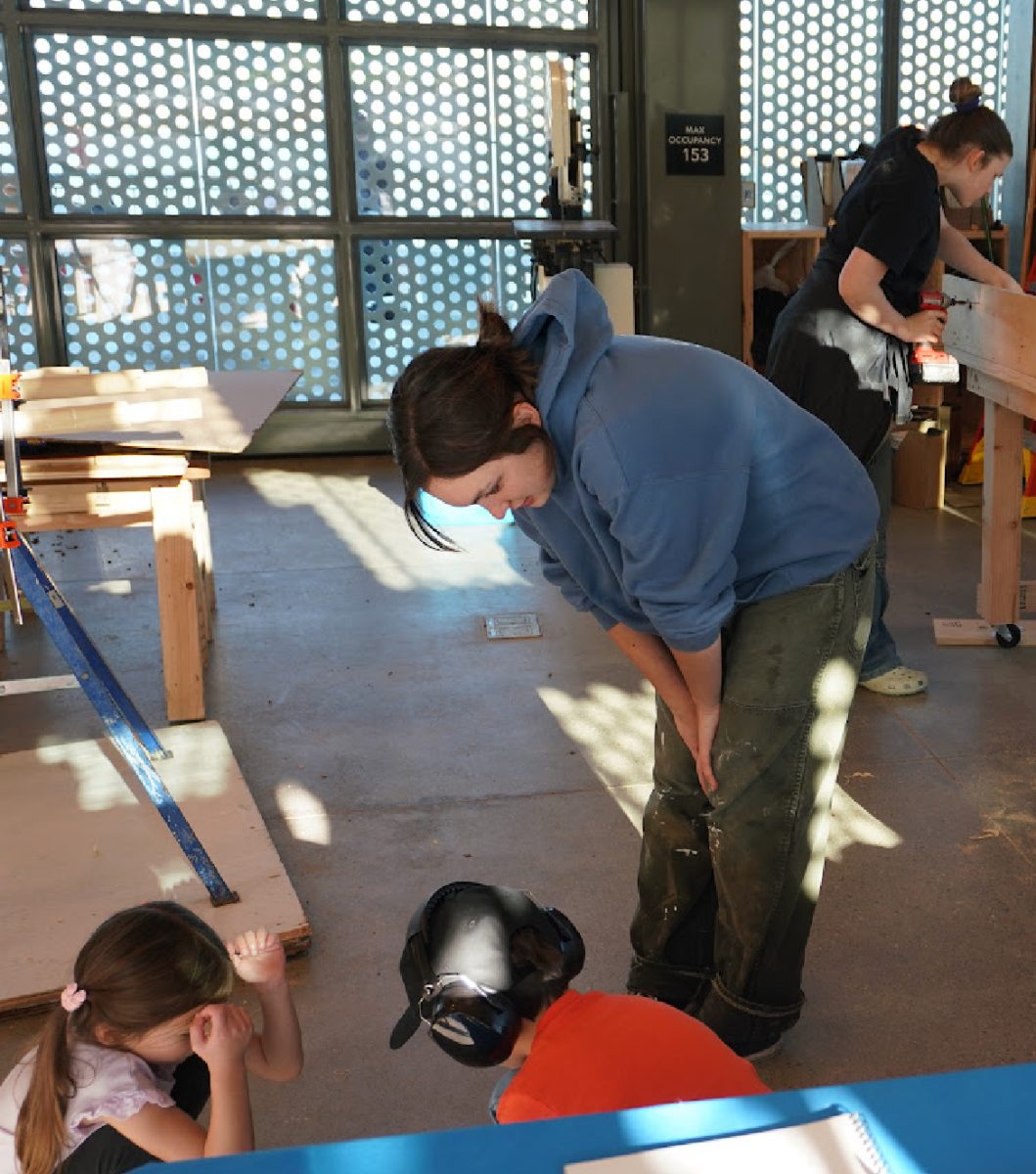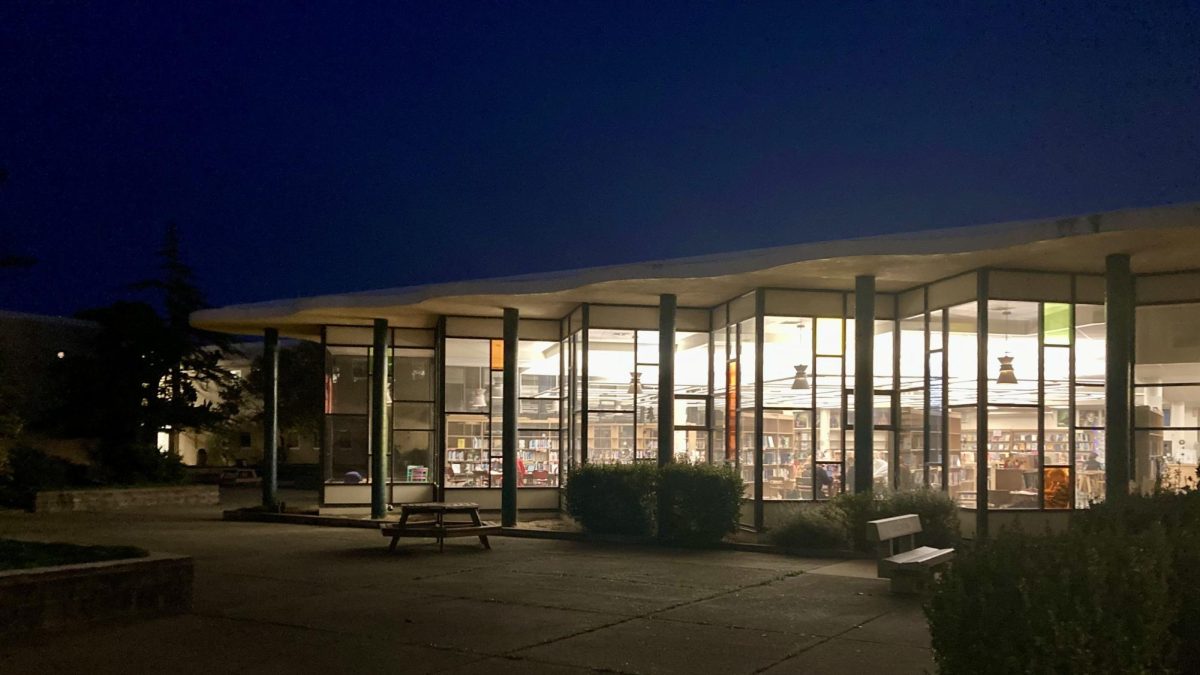
Mandarin may be the most commonly spoken language around the world, but it continues to be the least popular language class offered at Redwood and will be phased out within the next two years.
Because less than one percent of Tam District students enrolled in Mandarin this year, classes during the school day have been cancelled, according to Assistant Superintendent of Educational Services Michael McDowell. A week before the first day of school, district officials notified registered students and their parents that the Mandarin program would be transitioned to a weekly night class.
As the program comes to an end in the Tam District, current students struggle to fit the alternatively offered night class into their schedules.
The night class is composed of Redwood and Tam sophomores through seniors, including many students who wish to fulfill college admissions requirements.
“Our enrollment numbers have dropped over the years causing strain on our ability to be able to run a full Mandarin program at both sites,” said McDowell. “We weren’t able to make the decision until a couple of weeks ago, and that had to do with finding a teacher to fulfill the position.”
Junior Elisa Fazzari has taken Mandarin since her freshman year, and said she is angry at the district for giving students such short notice about the changes in the program. She said the majority of students have to skip after-school activities in order to attend the class.
“Once a week for three hours is no way to learn a language, you have to practice on a more regular basis,” Fazzari said. “I’m going to stay in [the night class] so I can get the credit but I don’t think we will learn nearly as much as we did when it was the traditional class.”
Spanish teacher Debbie McCrea, the Teacher Leader for the World Language Department, said that the district will support Mandarin students as they continue their language education.
“They are honoring the commitment that they made to the current students to be college eligible,” said McCrea. “We want to make sure that the students who started in Mandarin are able to continue.”
Both McCrea and McDowell said that there were both positive and negative reactions to the change.
“It was important for us to have a concrete solution for parents and for students to support them in their school work,” McDowell said.
McDowell said that the district explored many other options, such as using the computer language teaching software Rosetta Stone or supplemental college programs in order to support students at many different levels. Their final decision was primarily influenced by the success of a previous AP French night class and the ability to have the class fit federal and state requirements.
The response to the change among students has been mixed.
“A lot of people quit Mandarin altogether because the night class was so inconvenient or they decided to go to College of Marin and take it there,” Fazzari said.
McCrea said that one factor in the lack of interest is likely that local feeder middle schools don’t offer Mandarin.
At least for this year, the decision with Mandarin is final, but there is still hope for the future.
“What sparked the Mandarin program in this school district was this kind of drive to be competitive in the economy and get into colleges,” McDowell said. “Some of the arguments from parents have been that Mandarin is a critical language for students to learn in the 21st century.”
For now, however, the district’s decision has left some students frustrated and unsure about how to best continue their Mandarin education.“I don’t know what the next step is, maybe we can all sign a petition of something,” said Fazzari. “It depends on what we do about it. We have to become more active.”





